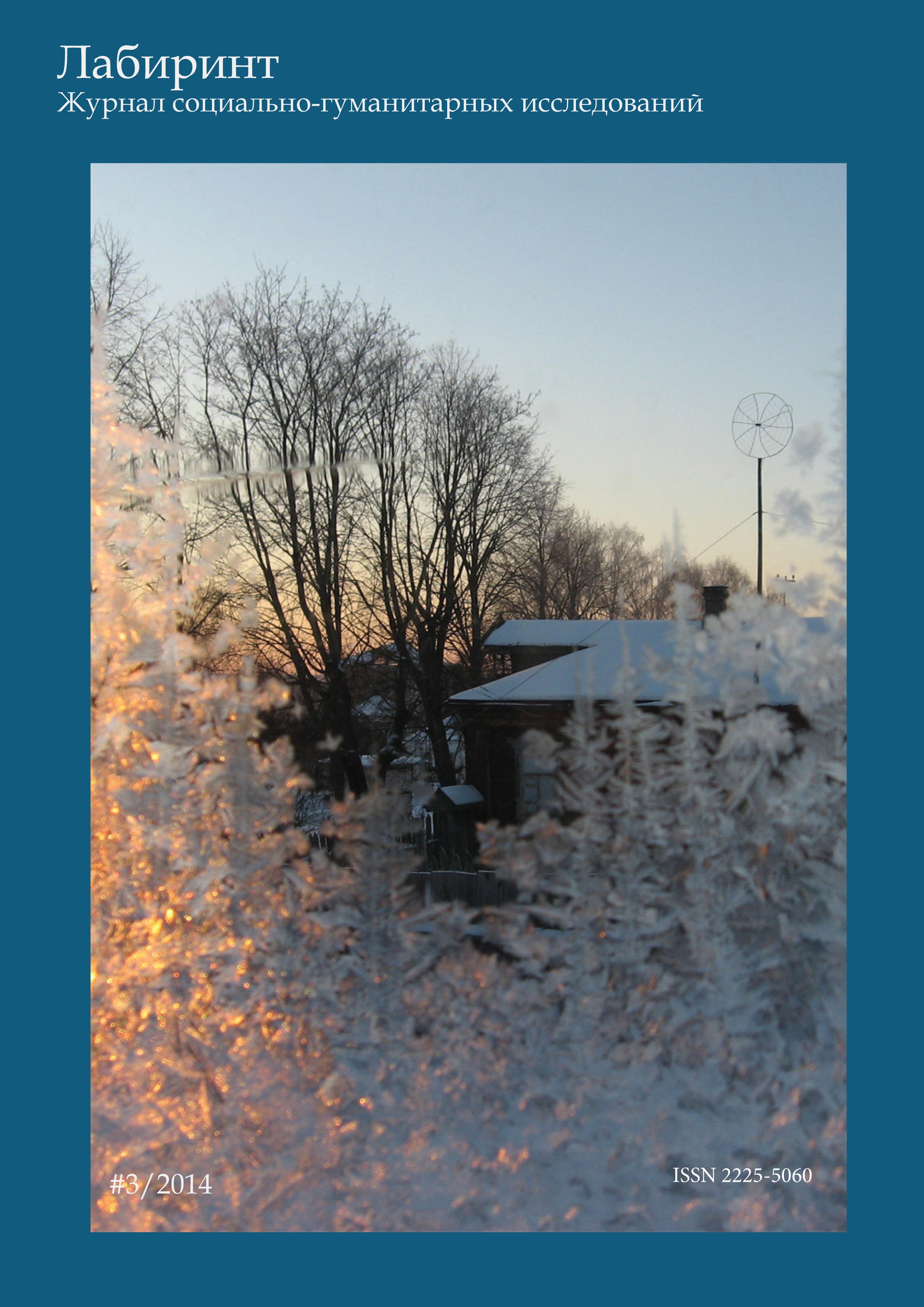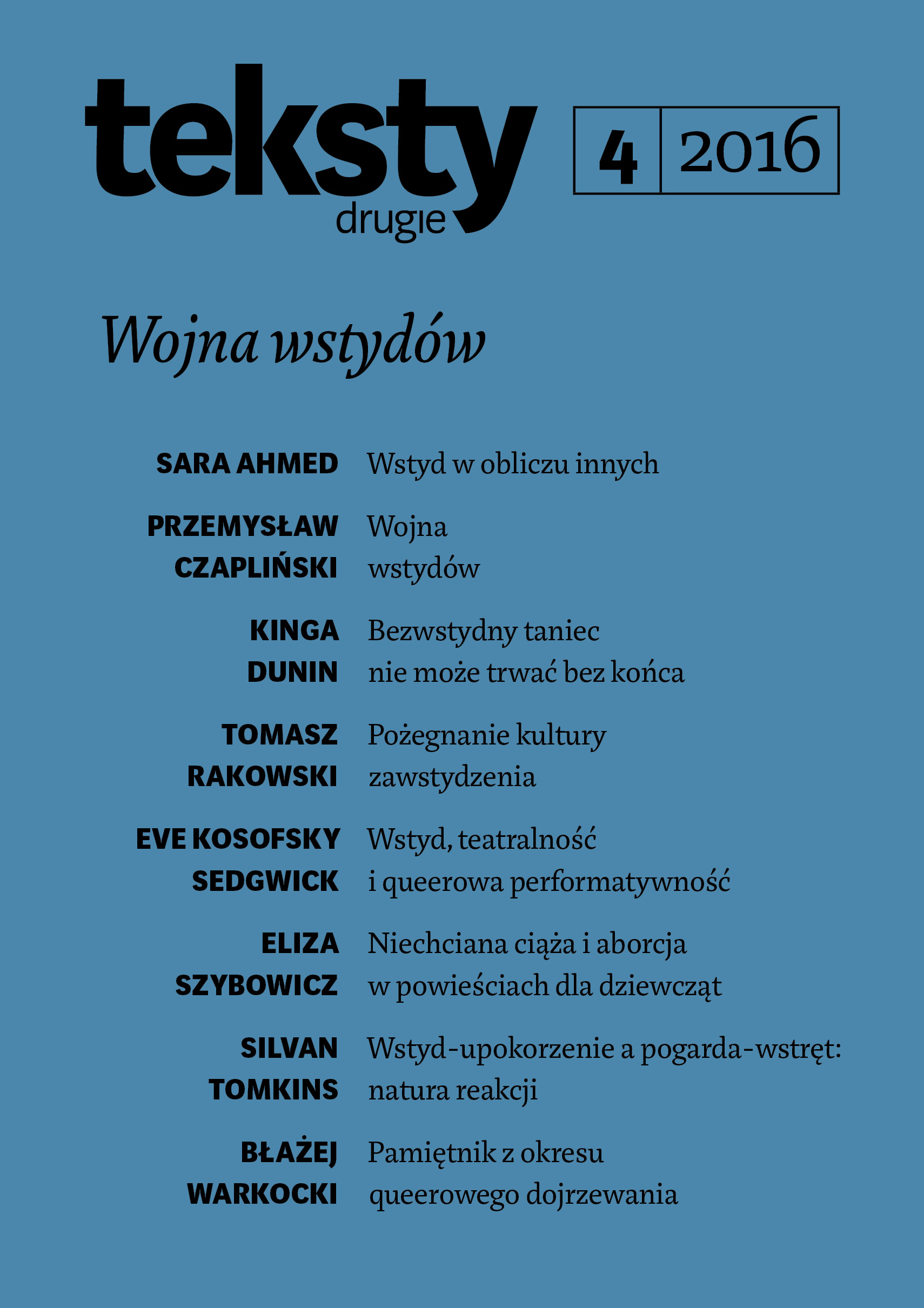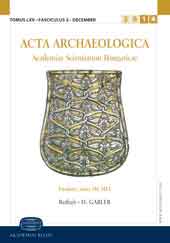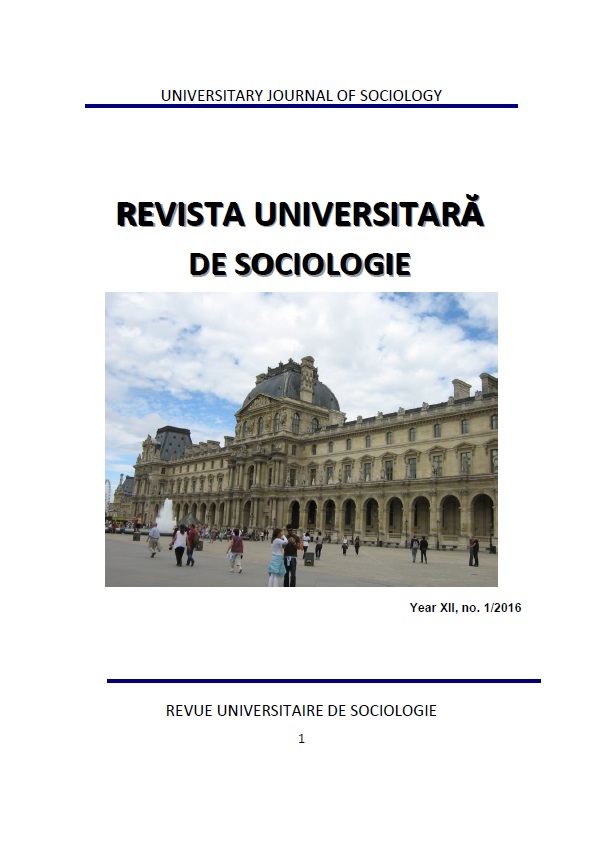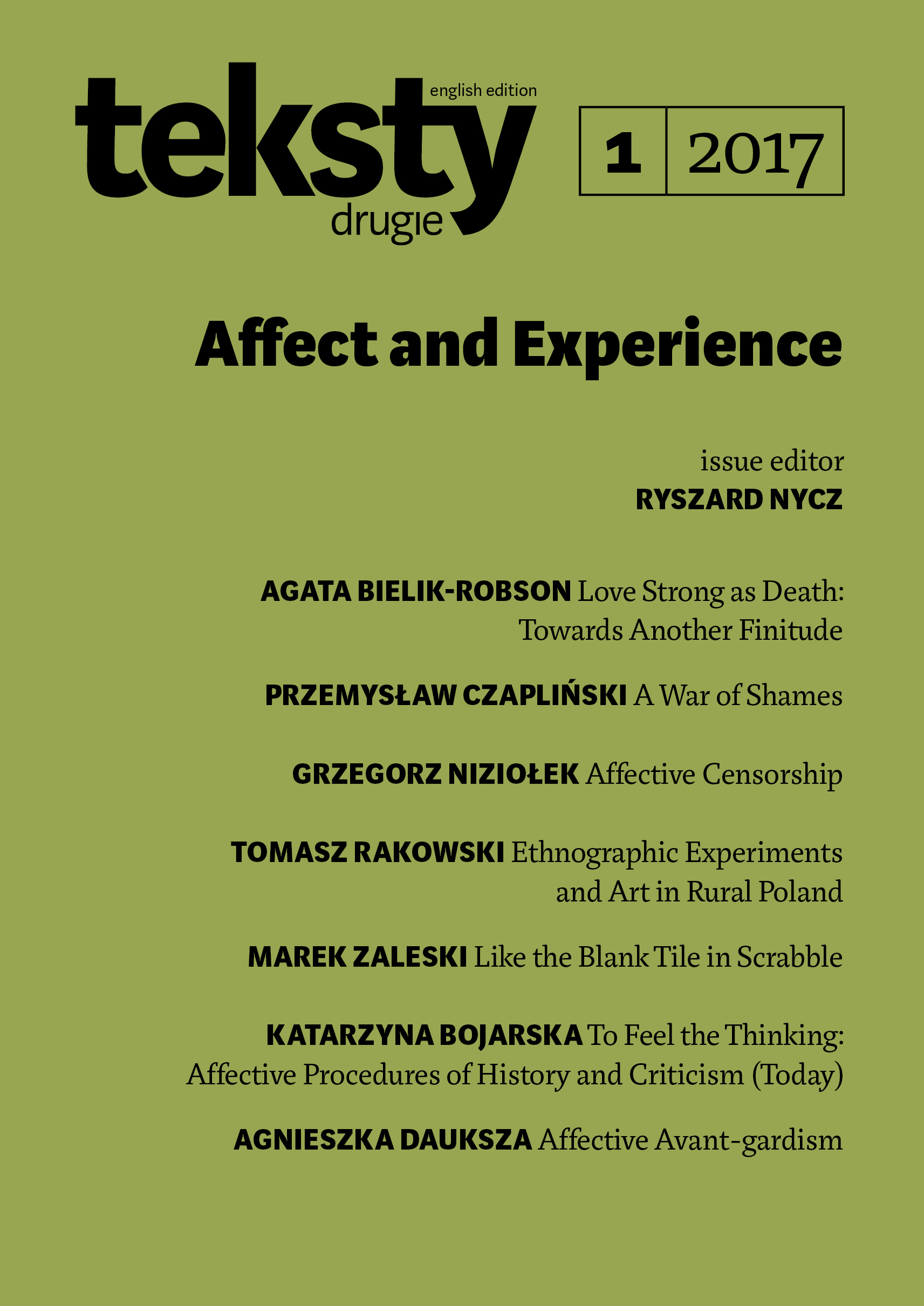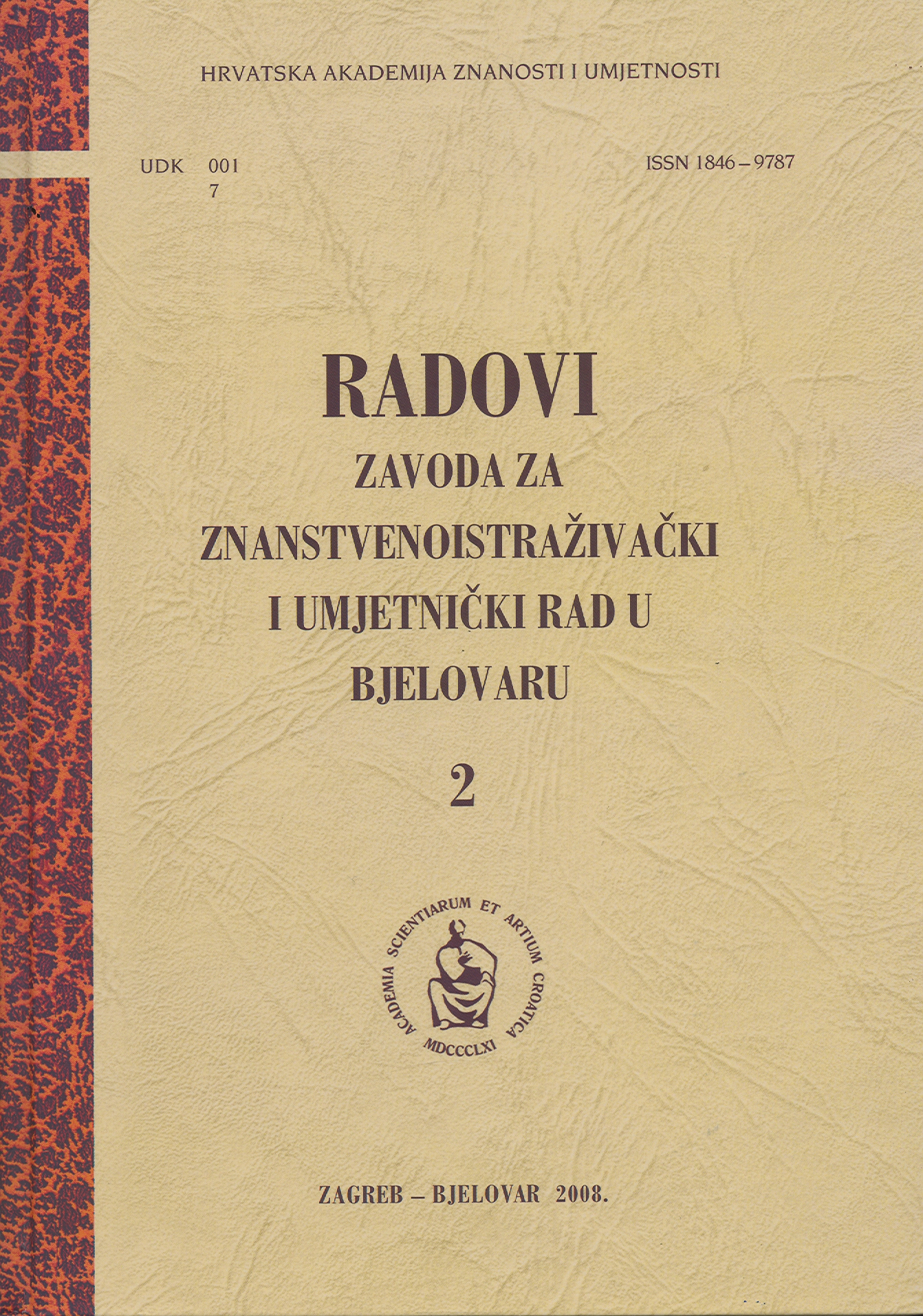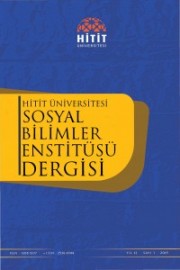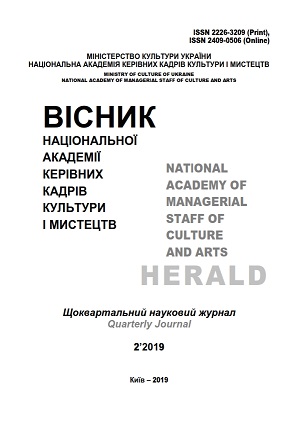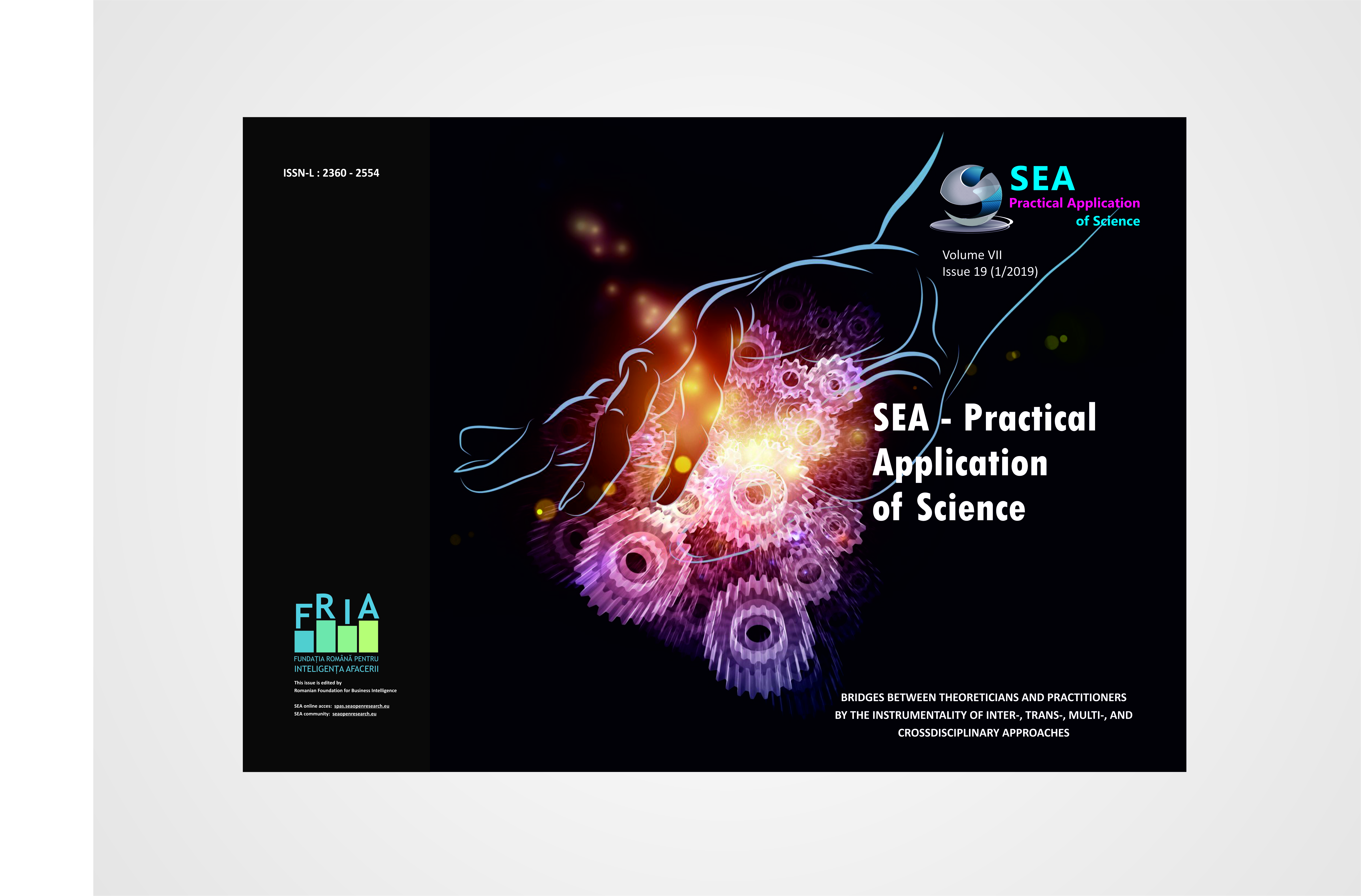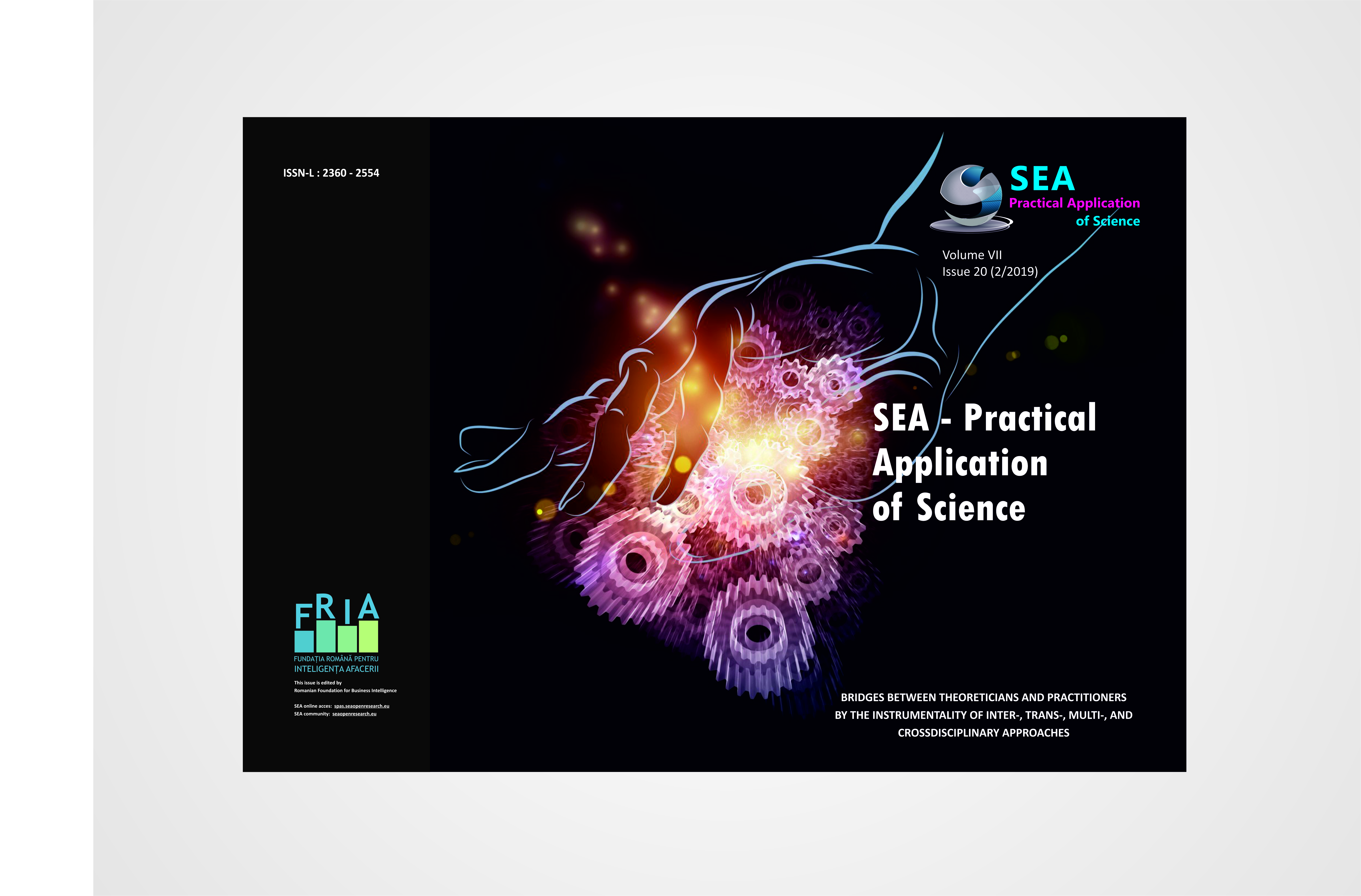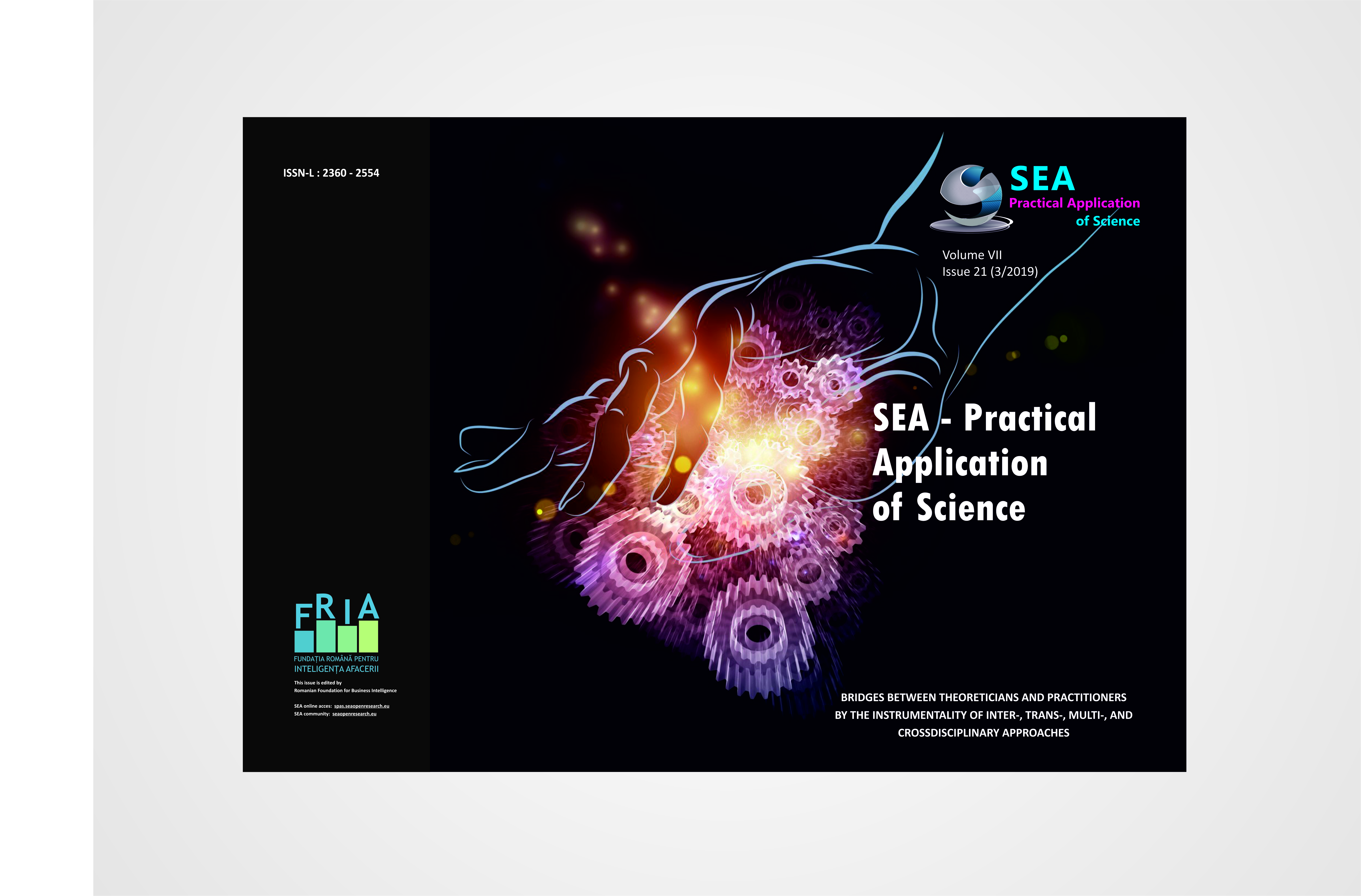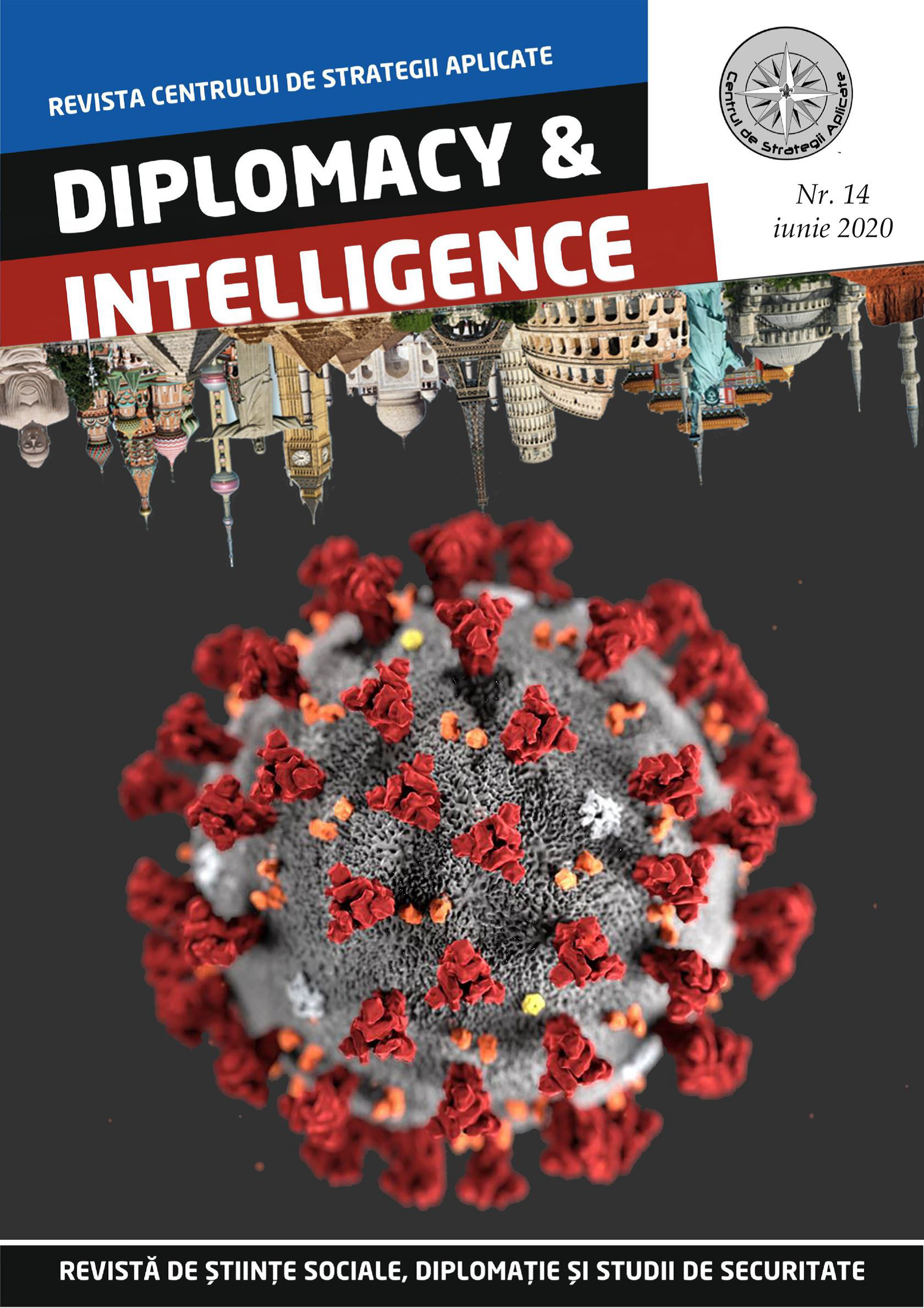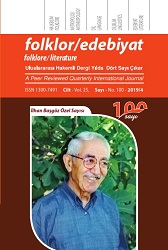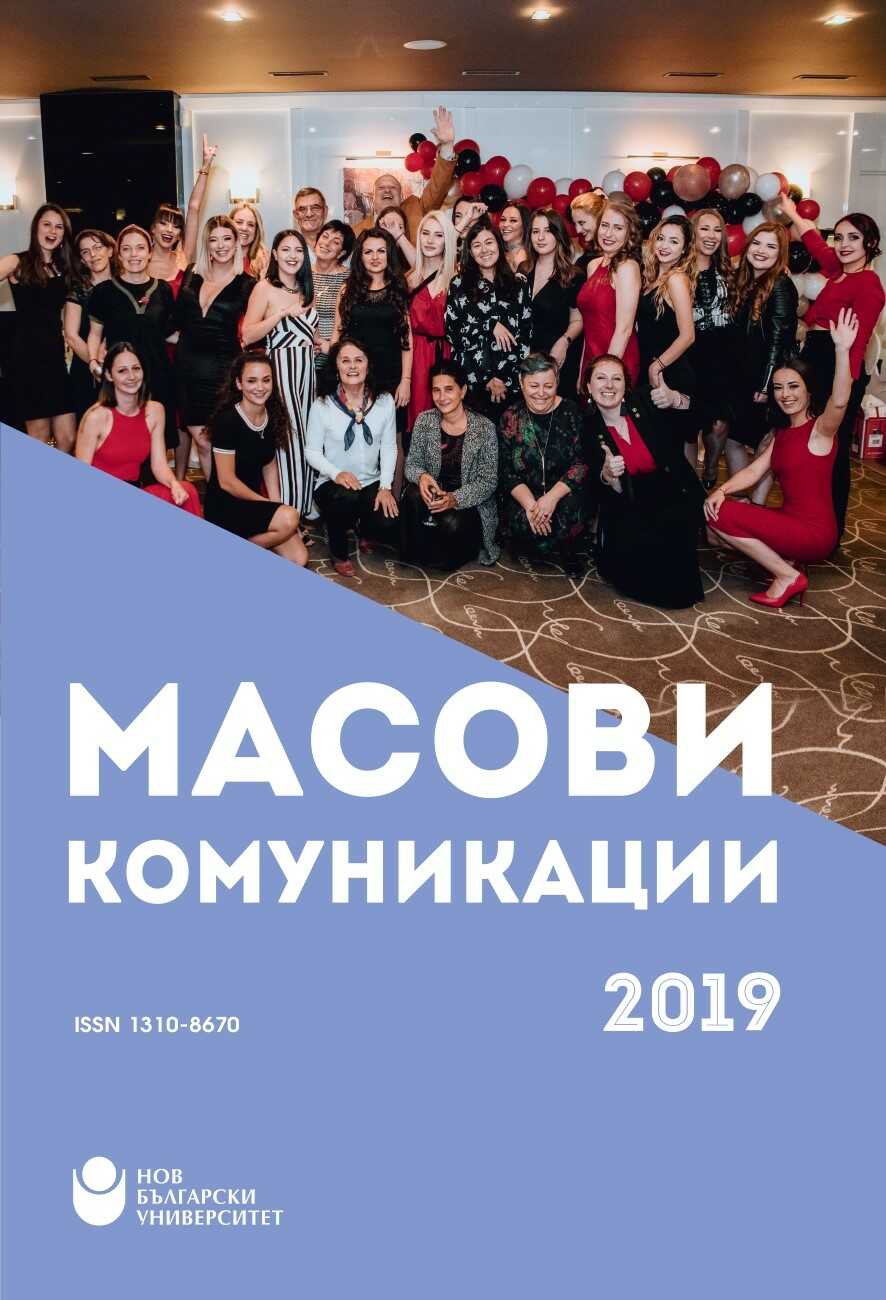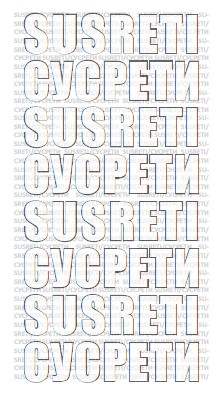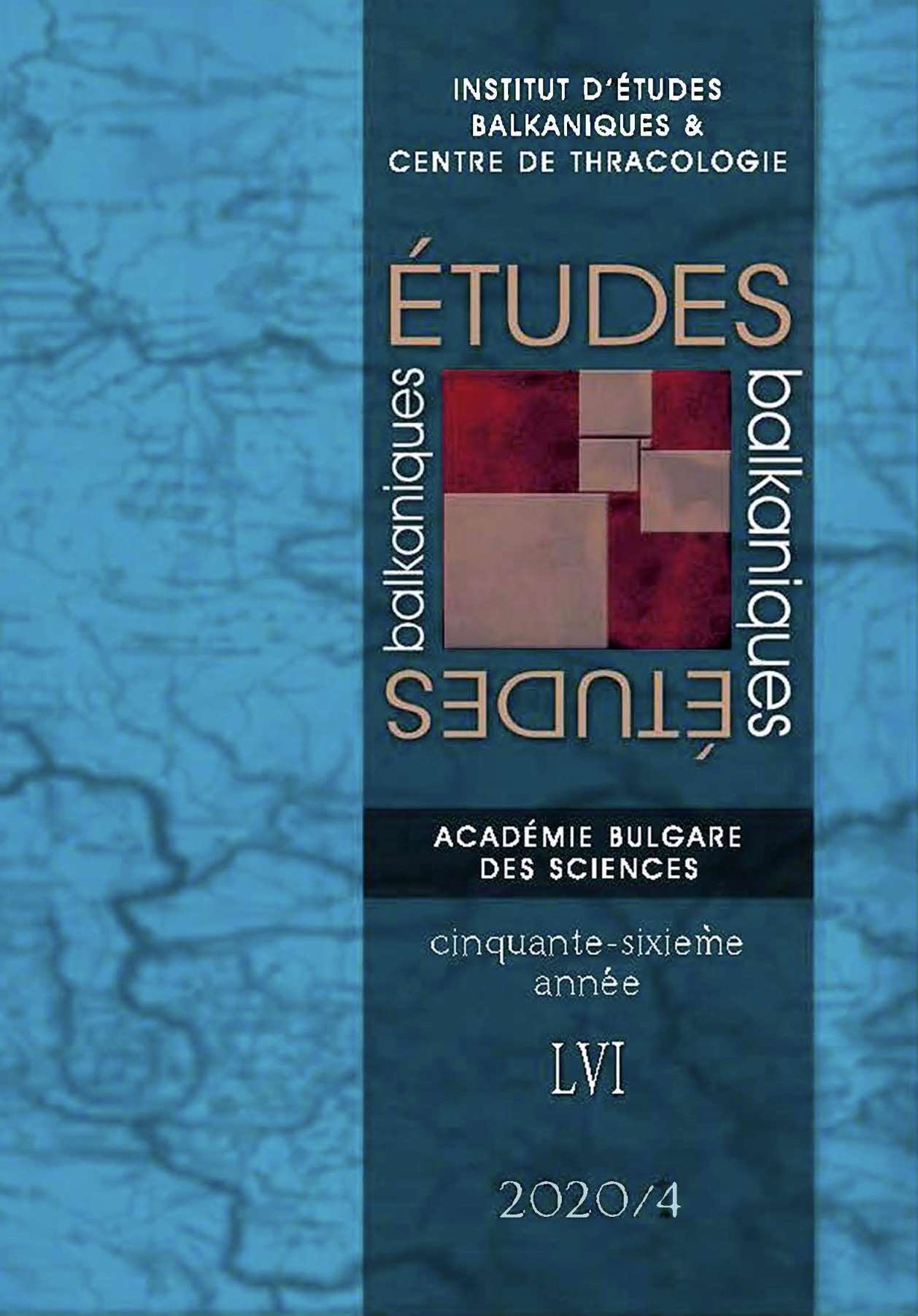
ПАРАДИГМЫ МУЗЕЕФИКАЦИИ ИНДУСТРИАЛЬНОГО НАСЛЕДИЯ
The article analyzes the peculiarities of functioning of national museums of industrial heritage in various periods of history (the late 20th – the early 21st centuries). Appeal to the experience of European countries in this field enables us to explain the emergence of the new goals of museumification and the new paradigm at the turn of the century. There are two paradigms — the paradigm of "preservation" and the paradigm of "development". The former arises in the context of the Soviet culture and aims to preserve the memory of a particular industry — its history, manufacturing process, and architectural heritage. The latter is closely connected with city branding and is aimed at the development of the territory (city, region). It occurs in European countries, and is borrowed by the Russian urban practices in the early 21st century. The museumification has new goals — the improvement of expressiveness and the humanizationof urban environment, the formation of creative spaces and “human capital assets”.
More...
